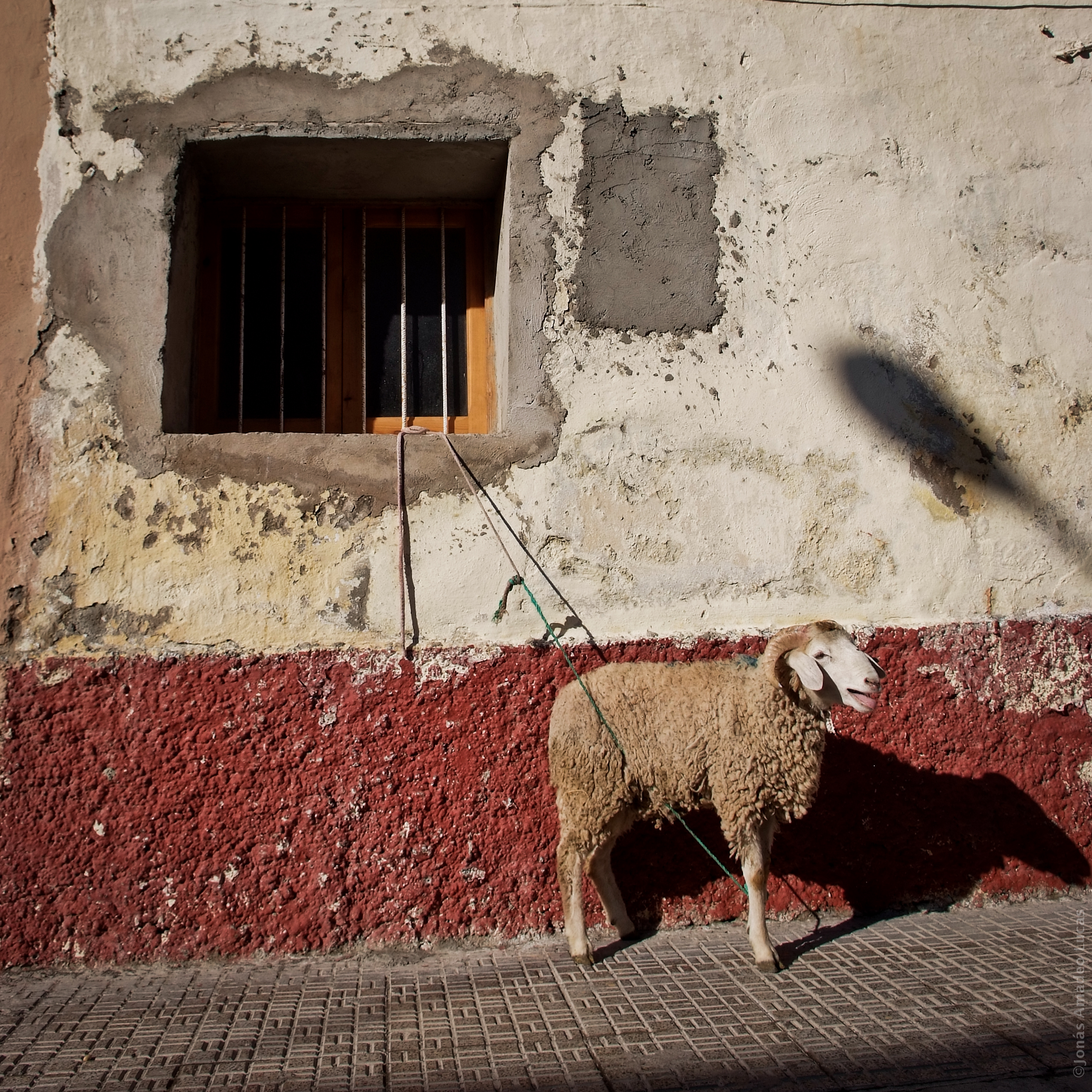
Millions of Muslims around the world are expected to celebrate Eid al-Adha from sunset this evening—and the festival provides a great opportunity for you to talk to friends and neighbours about the gospel. In this extract from “Engaging with Muslims”, John Klaassen explains what the celebration is about and how Christians can use it as a bridge to share their own faith:
Every year your Muslim friends will celebrate Eid al-Adha, also known as “The Greater Eid.” It is even more important than Eid al Fitr, which ends Ramadan. It is a time in which Muslims remember the faith of Abraham as he went to sacrifice his son. In the Old Testament, this story is, of course, about Isaac, but in the Qur’an, the son is identified as Ishmael.
This festival is like Christmas to you and me. New clothes are purchased and people celebrate for three to seven days. In the West Muslims may have to work on those days, but they will do everything in their power to take them off. If you are in a position of influence, encourage your supervisor to let Muslim colleagues have them off, or give them the time off yourself, just as you would appreciate having time off for Christmas.
If you have the opportunity to celebrate with Muslim friends—or perhaps when they return to work after the holidays—ask them to tell you the story of the sacrifice. At this point it is not important to worry about the name of the son being offered as a sacrifice. Eventually you will want to make sure your friend knows what the Bible says. However, during their celebration is not the time to argue.
It is, however, the time to celebrate the substitutionary atonement of the Lamb. What better Old Testament story to demonstrate the fact that the son was condemned to die? Abraham was ready to take his life, but then God gave a substitute! Honestly, your friend has probably not thought a lot about that part of the story. When he or she tells the story, they will probably talk about the faith of Abraham and how we too need that kind of faith. However, you can bring out the other aspect of the story and talk to them about the lamb that took the place of the son condemned to die.
You can bring out the fact that Jesus took your place as you were also condemned to die due to the nature of your sin; you had dishonored God with your life. But God provided a Substitute, one who lived a perfect life, who could take our shame and restore our honor as no one else ever could. I believe this is one of those stories that God provided for us to share with Muslims. This feast is important and they love the story. Help them see the whole story; don’t be afraid to share the beauty of the Lamb!
Engaging with Muslims will help you both understand and reach out to Muslim friends, colleagues and neighbors.
Eric